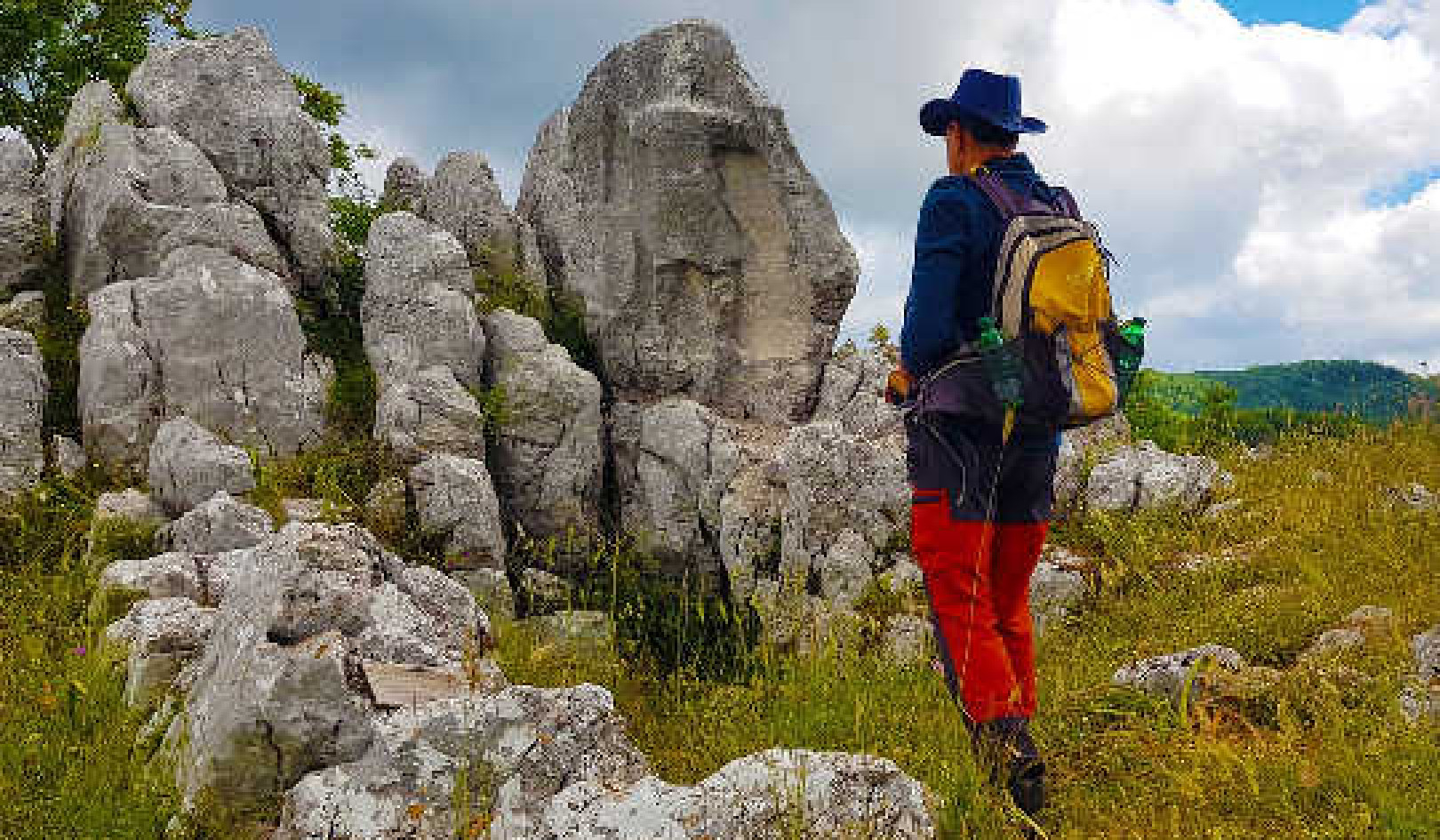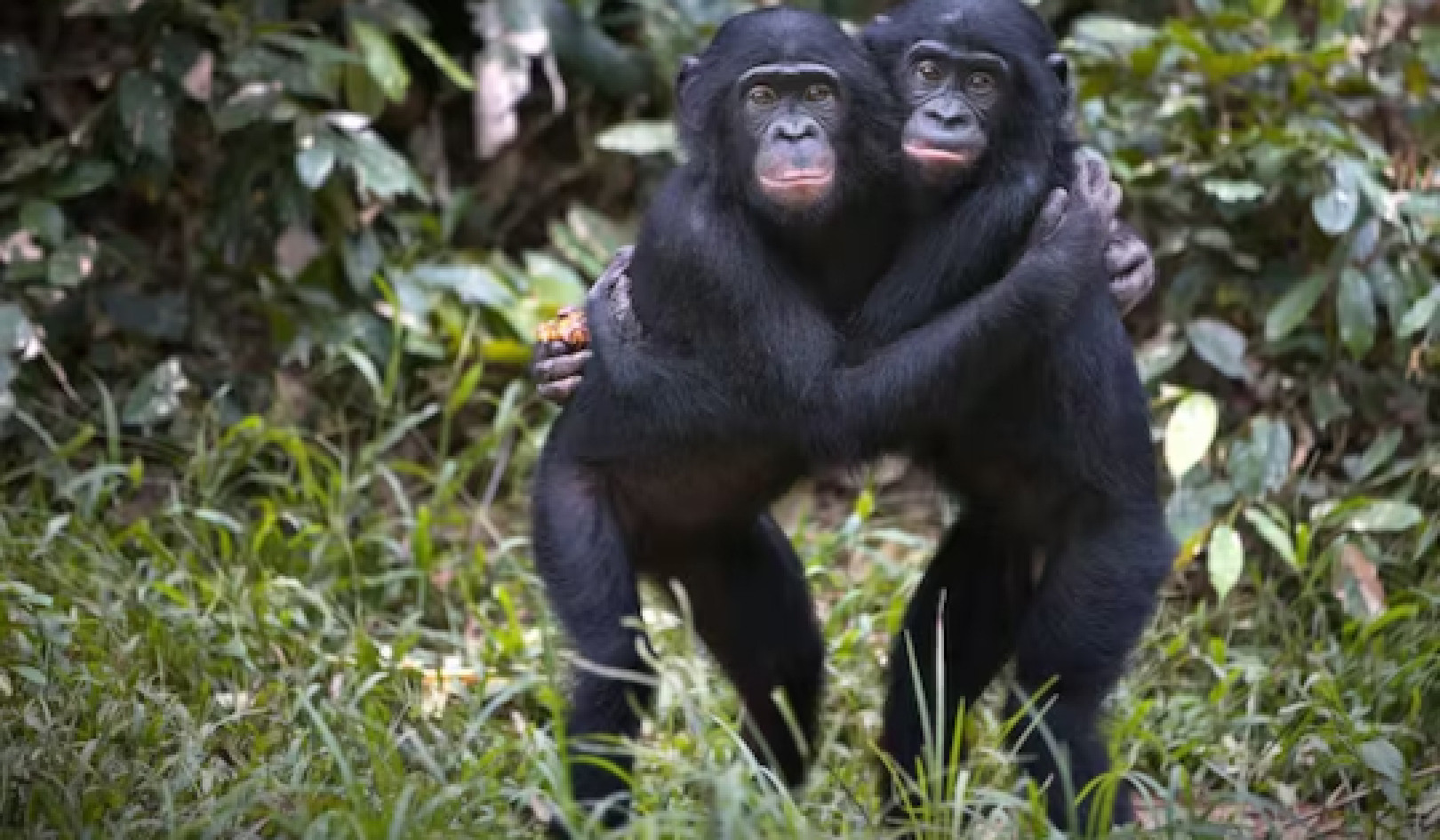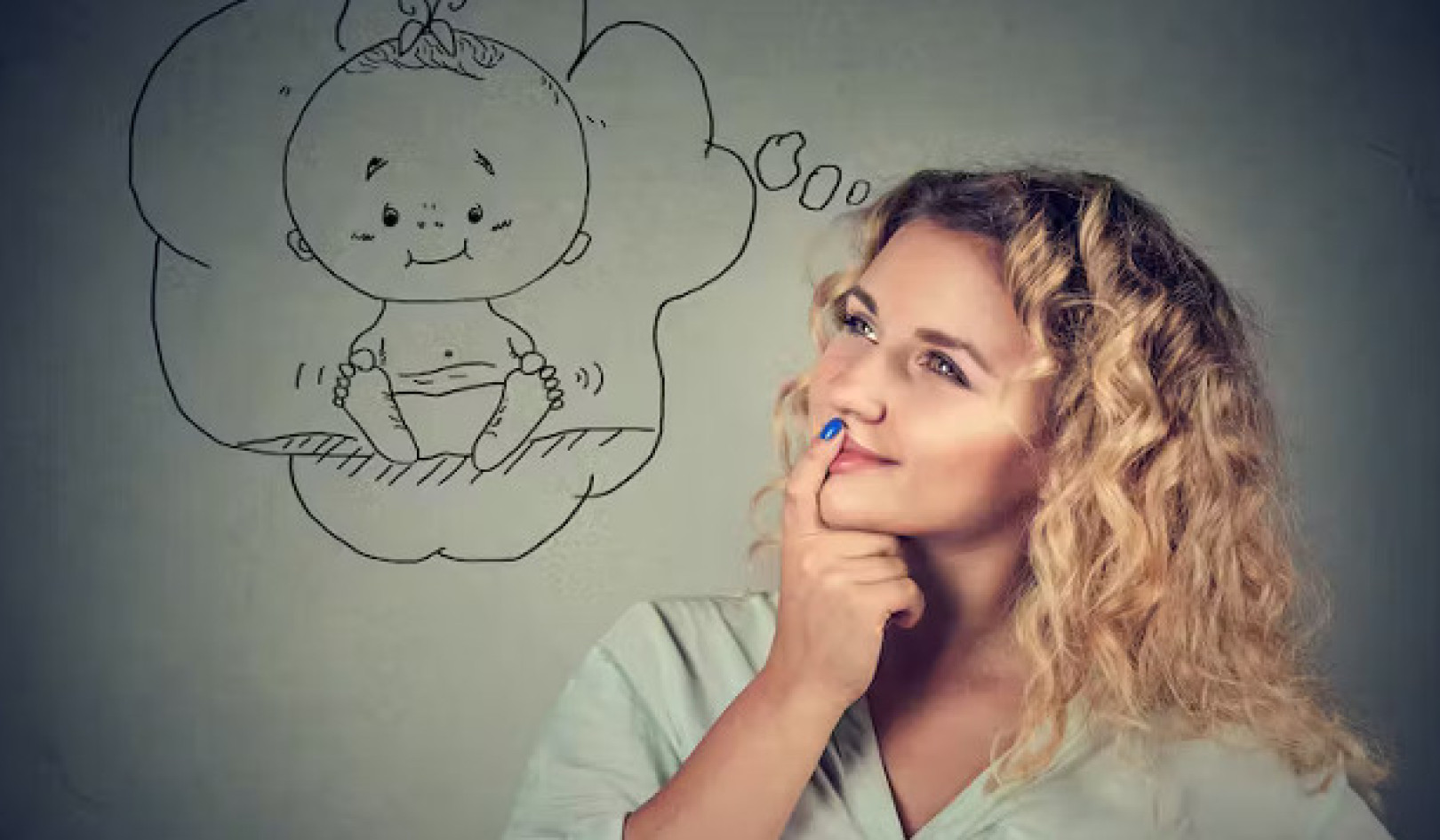Written by Vanessa and Narrated by Marie T. Russell
The distance from home that kids are allowed to roam and play has shrunk significantly over the last 50 years. That’s largely due to parents’ concerns over safety, especially in cities. More recently, the COVID-19 pandemic has further restricted children’s independent activity.
As a Ph.D. student in psychology, I studied factors that affect people’s spatial navigation skills – or how they understand their location and the features within their surroundings. I was also curious about the possible childhood origins of gender differences in how men and women navigate, and why women feel more anxious when trying to find their way around unfamiliar areas.
My findings suggest that children who are allowed to roam by themselves farther away from their homes are likely to become better, more confident navigators as adults than children who are more restricted.
Continue Reading at InnerSelf.com (plus audio/mp3 version of article)
Music By Caffeine Creek Band, Pixabay
About the Author
Vanessa Vieites is an American Association for the Advancement of Science (AAAS) Mass Media Science & Engineering Fellow at The Conversation US sponsored by AAAS.

Related Books:
Atomic Habits: An Easy & Proven Way to Build Good Habits & Break Bad Ones
by James Clear
Atomic Habits provides practical advice for developing good habits and breaking bad ones, based on scientific research on behavior change.
Click for more info or to order
The Four Tendencies: The Indispensable Personality Profiles That Reveal How to Make Your Life Better (and Other People's Lives Better, Too)
by Gretchen Rubin
The Four Tendencies identifies four personality types and explains how understanding your own tendencies can help you improve your relationships, work habits, and overall happiness.
Click for more info or to order
Think Again: The Power of Knowing What You Don't Know
by Adam Grant
Think Again explores how people can change their minds and attitudes, and offers strategies for improving critical thinking and decision making.
Click for more info or to order
The Body Keeps the Score: Brain, Mind, and Body in the Healing of Trauma
by Bessel van der Kolk
The Body Keeps the Score discusses the connection between trauma and physical health, and offers insights into how trauma can be treated and healed.
Click for more info or to order
The Psychology of Money: Timeless lessons on wealth, greed, and happiness
by Morgan Housel
The Psychology of Money examines the ways in which our attitudes and behaviors around money can shape our financial success and overall well-being.

 Vanessa Vieites, Postdoctoral Associate, Rutgers University.
Vanessa Vieites, Postdoctoral Associate, Rutgers University. 





















